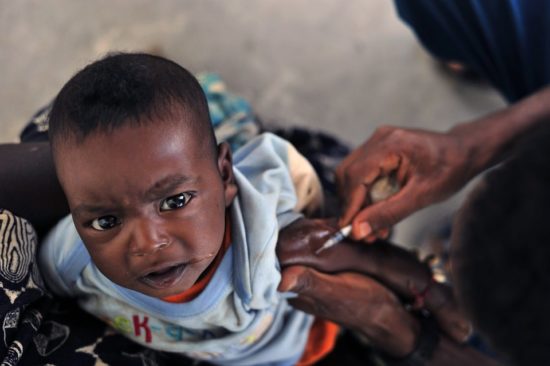Antibiotic use after a typhoid conjugate vaccine: factors beyond vaccination in low-income countries
In conclusion, although vaccines have shown potential in reducing antimicrobial resistance, the study on Typbar-TCV in Harare did not find evidence of an effect on antibiotic prescribing. Factors such as unchanged clinical management, insufficient routine immunisation, and limited campaign scope could have contributed to this outcome. Addressing these challenges, such as diagnostics, socioeconomic support, and improved work environments are crucial for effective case management and optimal antibiotic use in low-income countries. Comprehensive approaches are needed to achieve lasting effects on antimicrobial resistance and patient care.
AMR NEWS
Your Biweekly Source for Global AMR Insights!
Stay informed with the essential newsletter that brings together all the latest One Health news on antimicrobial resistance. Delivered straight to your inbox every two weeks, AMR NEWS provides a curated selection of international insights, key publications, and the latest updates in the fight against AMR.
Don’t miss out on staying ahead in the global AMR movement—subscribe now!







